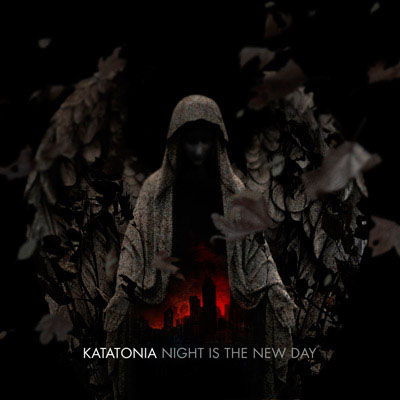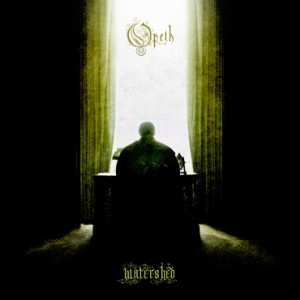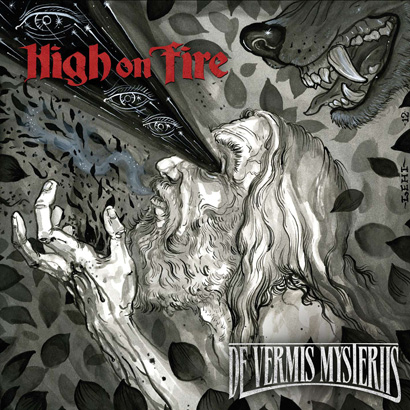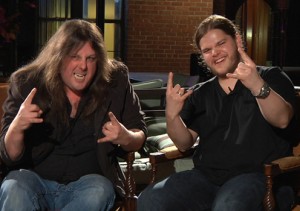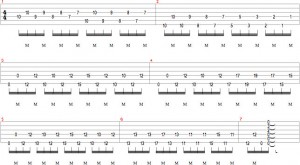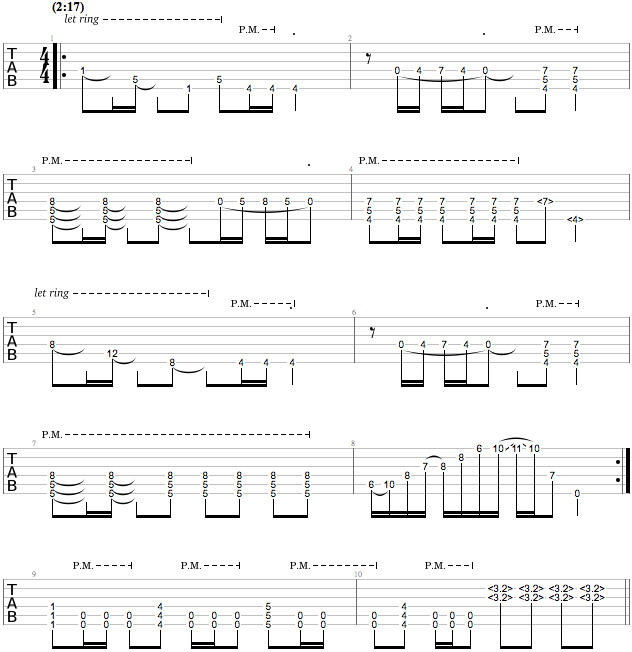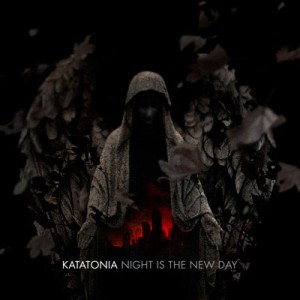 Release Dates: November 2, 2009 (Europe)/November 10, 2009 (North America)
Release Dates: November 2, 2009 (Europe)/November 10, 2009 (North America)
Katatonia have been honing their brooding brand of rock for years. Originally formed as a doom metal band in 1991, the group began to shift direction after several albums as singer Jonas Renske began to employ clean vocals in place of growls. With transitional support from Opeth’s Mikael Akerfeldt, who performed the extreme vocals on 1996’s Brave Murder Day and 1997’s Sounds Of Decay, Katatonia started exploring the bleak, atmospheric recesses of rock – a journey that has led to 2009’s outstanding Night Is The New Day.
From the foreboding opening chords of ‘Forsaker,’ the production on Night Is The New Day distinguishes it from its predecessors. Over the course of five albums on Peaceville Records, Katatonia’s recorded sound has steadily improved, and the rich, spacious soundscape achieved here is a great complement to the band’s melancholic style. The layered and tastefully harmonized vocals are always at the forefront of the mix, and each instrument sits comfortably in a supporting role – easy to identify and smoothly blended into a blanket of reverb and ambience as in the reflective “Inheritance,” and the subdued grooves of ‘Onward Into Battle.’ The sound can be aggressive, too, as on the lead single ‘Day and Then the Shade,’ which opens with a guttural guitar riff supported by hammering drums and a driving synth.
As terrific as the album sounds, the real success of Night Is The New Day can be attributed to its consistency – the band explore metal, folk, and ambient electronic all while maintaining a beautifully bleak mood. Most albums with such a pervasive musical and lyrical theme fail to deliver distinct songs, but Katatonia craft such strong hooks that the insistent ‘The Longest Year’ and the sorrowful ‘The Promise Of Deceit’ become lodged in memory after the first listen. Although guitarist Anders Nyström’s playing rarely takes center stage, he guides the songs with propulsive riffs that alternately batter and jangle, and lays back masterfully with lush chord swells – often during the course of a single track, as in ‘Liberation.’
Collaborator Frank Default, whose tasteful textures and synthesized beats help Katatonia achieve this album’s intimate atmosphere, makes only one misstep when his string samples, which sound excellent in a full band mix, take center stage in the middle section of ‘Inheritance.’ In contrast, his parts during the quiet verse of ‘Nephilim’ keep the song eerie throughout by allowing the dissonances of the chorus to softly seep into the seams of the track. Elsewhere, he adds electronic grooves to the verse of ‘The Longest Year’ and shimmering flourishes to the hammering riffs in the chorus of ‘Forsaker’ to great effect.
The Vinyl and Swedish CD Editions of the album contain the bonus track ‘Ashen,’ which sits between ‘Day and Then the Shade’ and the closing ‘Departer,’ and adds so much energy to the flow of the album that its absence in other versions is a definite loss. With a disorienting verse, punishing pre-chorus and anthemic chorus, ‘Ashen’ is a standout track that deserves to be heard by Katatonia fans worldwide. It is a testament to the strength of the album that even without that track, it still feels like a complete journey. Those who appreciate a well-guided tour of the darker side of emotion will enjoy Night Is The New Day.
Overall: 5/5



